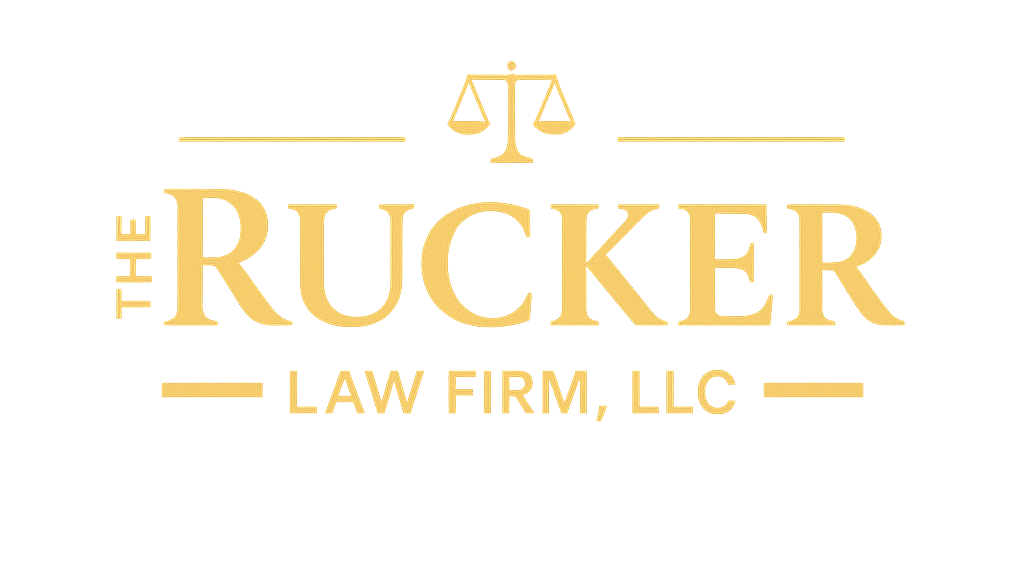Frequently asked questions: south Carolina
-
What are the grounds for divorce in South Carolina?
South Carolina allows both fault-based (adultery, cruelty, habitual drunkenness, etc.) and, while South Carolina does not technically have "no-fault" divorce, we do have 1 year separation divorces. There are caveats to what “separation” means, though.
-
Who is likely to be awarded custody of children in a divorce or separation?
The court decides custody based on the best interests of the child, considering factors like parenting capacity, stability, history of caregiving, and the child’s needs. There’s no automatic preference for either parent.What types of visitation schedules are common?
Visitation can range from standard alternating weekends to shared custody arrangements. Courts may tailor a schedule to meet the needs of the child and family. In the Upstate, a few of the family court judges have promulgated standard visitation guidelines, and they are commonly ordered. It is a good idea to become familiar with them before our consultation so we can discuss which one is the best fit for your family. You can find a copy of them on our client resources page.Can visitation be restricted by the court?
Yes. The court can restrict or supervise visitation if it finds that unrestricted time would not be in the child’s best interest, such as in cases involving abuse or substance use.How can parents modify custody or visitation orders?
While in certain cases, parents are able to agree informally to modify custody and visitation orders, that practice can get messy. We believe the better practice is for parents to petition the court to modify an existing order if there has been a substantial change in circumstances that affects the child’s wellbeing. -
How is child support calculated in South Carolina?
Child support is calculated using the South Carolina Child Support Guidelines, which consider both parents’ incomes, number of children, health insurance, and other expenses.How do I get an increase or decrease in child support payments?
You must file a request to modify with the court and show that a substantial change in circumstances has occurred, such as a job loss, promotion, or change in custody.When can child support payments be stopped?
Usually when the child turns 18 or graduates high school, whichever comes later, unless otherwise ordered due to disability or other exceptions.Will I have to pay or receive alimony (spousal support)?
The court considers several factors when awarding alimony, including the length of the marriage, income disparity, health, fault grounds, and each party’s ability to support themselves. -
Where can I find information about court forms and procedures?
You can visit the South Carolina Judicial Department website for downloadable forms and instructions. Be careful—filing incorrectly can harm your case.How do I file for divorce, custody, or other family court actions?
You must file a Summons and Complaint in the appropriate Family Court, serve the other party, and follow procedural rules. Legal counsel is highly recommended.How can I get an emergency hearing if my case involves domestic abuse?
You may request a temporary hearing with a motion and affidavit, or file for an Order of Protection through the Family Court or Magistrate. Help is available—don’t wait.What are the procedures for resuming a prior name after divorce?
You can request to resume your maiden or former name in the divorce decree. Make sure it’s included in your pleadings or final order. -
Can I represent myself in Family Court without an attorney?
Yes, but it is not easy. Family court rules are complex, and mistakes can have serious consequences. Consider consulting an attorney before proceeding.What are the risks and challenges of self-representation?
You may misunderstand legal rules, fail to preserve evidence, or miss deadlines. Judges and clerks cannot give legal advice. Representing yourself carries risk—don’t do it alone unless you truly understand the process. -
Where can I find legal aid or a lawyer referral service?
You can contact South Carolina Legal Services or the South Carolina Bar Lawyer Referral Service at scbar.org. Many attorneys also offer consultations - 😉. -
AI provides general information. AI tools can offer valuable information and explain legal concepts, but they should not be considered a substitute for legal advice from a qualified attorney.
• Accuracy and reliability are important. It's crucial to verify the accuracy and reliability of any information obtained from AI before relying on it for important legal decisions.
• Confidentiality is important. Do not share confidential court records or privileged information with AI tools unless explicitly authorized and compliant with privacy and security rules.
In short, people utilize AI to gain a general understanding of family court procedures, terms, and potential outcomes in South Carolina, but they are also cautioned against solely relying on it for crucial legal matters.

